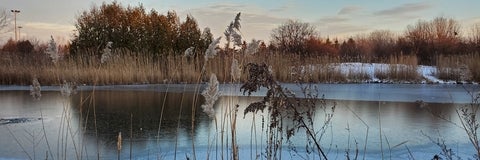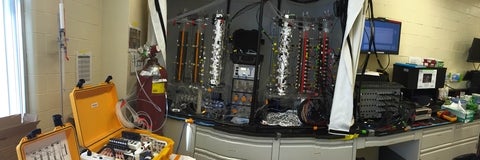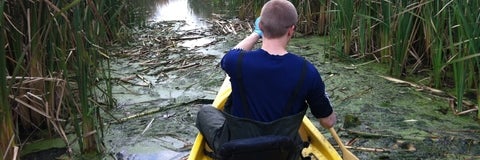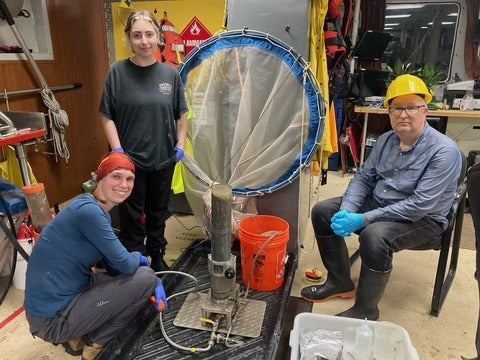Integrating Environmental Water Research Across Multi Scales and Disciplines
Water is our most precious natural resource. All human activities, from agriculture and industrial processes to domestic uses, depend on water of sufficient quantity and quality. This is also true for natural ecosystems. In contrast to highly visible water quantity stressors, such as flash floods and prolonged droughts, changes in water quality are often more gradual and more difficult to detect, and their cumulative impacts more difficult to predict and manage. Water quality deterioration, however, poses more pervasive and chronic risks to the economy, human health and the ecological life-support systems of the planet.
Water quality degradation is a global phenomenon. In Canada, for example, harmful and nuisance algal blooms are a persistent problem for many freshwater bodies, including the iconic Laurentian Great Lakes, while many of our First Nations communities still live under drinking water advisories. Globally, awareness is also growing that climate change adaptation must be an integral part of planning and implementing effective water management policies and practices.
For general inquires about the Ecohydrology Research Group, please email ecohydrology@uwaterloo.ca.
News
ERG members board R/V Lake Guardian for a research survey of Lake Erie
On July 15th, ERG members Serghei Bocaniov, Kayla Martin, and Tia Jenkins left port in Cleveland, OH, aboard R/V Lake Guardian to participate in the 2024 summer survey of Lake Erie.
Hang defends her MSc thesis!
Ecohydrology Research Group MSc student Hang Nguye successfully defended her thesis on June 26, 2024 in a virtual defence.
ERG members attend the CWRA 2024 National Conference
The Canadian Water Resources Association (CWRA) 2024 National Conference took place June 17-19 in Saskatoon, SK.





